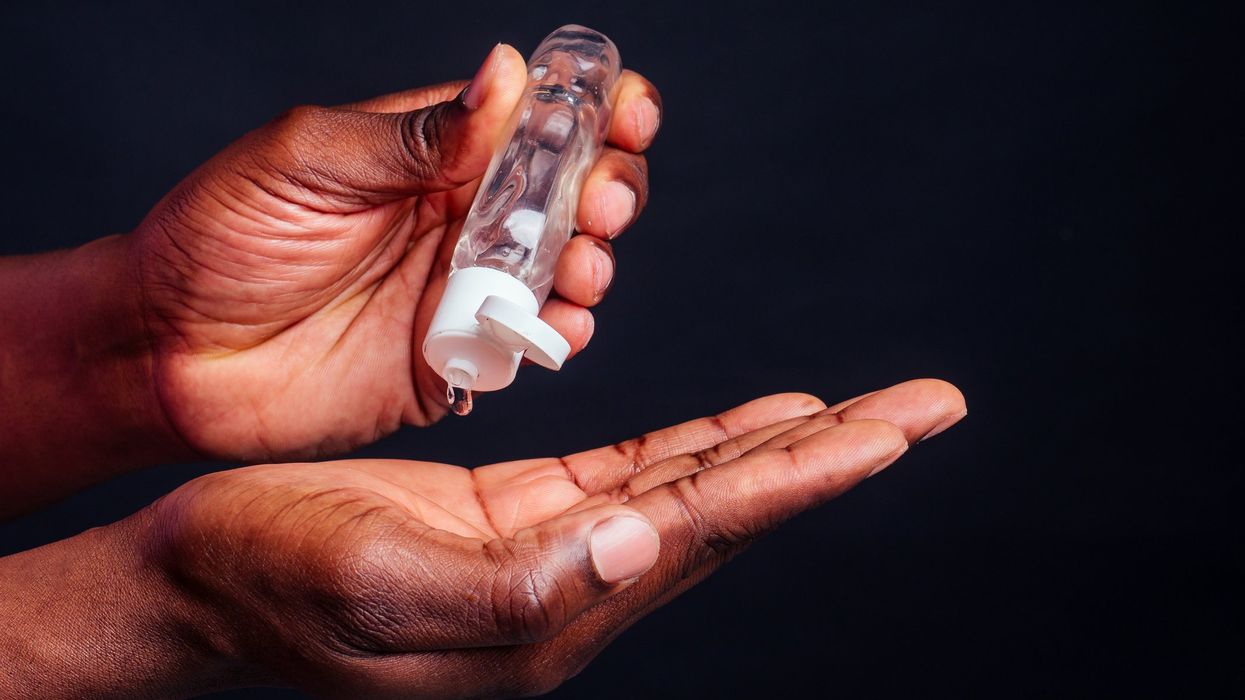Harry Fletcher
Jun 07, 2023

iStock
Masturbation is far more important in the timeline of human evolution than ever previously thought.
In fact, we might not be here at all if it weren’t for primates masturbating thousands of years ago, a new study has claimed.
New research from the Proceedings of the Royal Society B has focused on the effects of masturbating in male primates and its effects on ensuring reproductive methods.
“Masturbation is common across the animal kingdom but is especially prevalent amongst primates, including humans,” the study authors said in a statement.
Sign up to our free Indy100 weekly newsletter
They went on to say that masturbation “was most likely present in the common ancestor of all monkeys and apes” before saying that it might have influenced mating behaviour.
“Masturbation (without ejaculation) can increase arousal before sex,” the authors wrote. “This may be a particularly useful tactic for low-ranking males likely to be interrupted during copulation, by helping them to ejaculate faster.”
According to the researchers, regular ejaculation evolved as a trait among male primates where they faced competition. That’s because it “allows males to shed inferior semen, leaving fresh, high-quality sperm available for mating, which are more likely to outcompete those of other males.”
It also helped male primates “by cleansing the urethra (a primary site of infection for many STIs) with ejaculate”.
Things were less clear with female primates, with the study authors stating that “more data on female sexual behavior are needed to better understand the evolutionary role of female masturbation.”
“Our findings help shed light on a very common, but little understood, sexual behavior,” said lead author Dr. Matilda Brindle, of University College London.
“The fact that autosexual behavior may serve an adaptive function, is ubiquitous throughout the primate order, and is practiced by captive and wild-living members of both sexes, demonstrates that masturbation is part of a repertoire of healthy sexual behaviors.”
Have your say in our news democracy. Click the upvote icon at the top of the page to help raise this article through the indy100 rankings.
Top 100
The Conversation (0)













